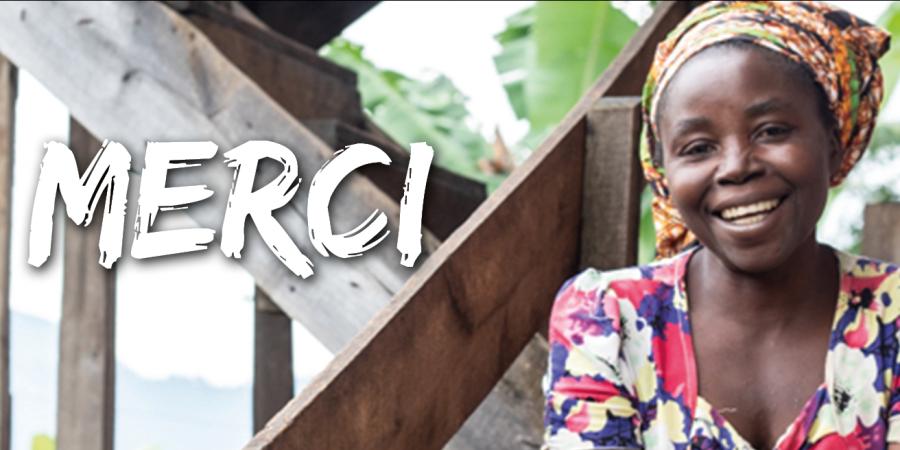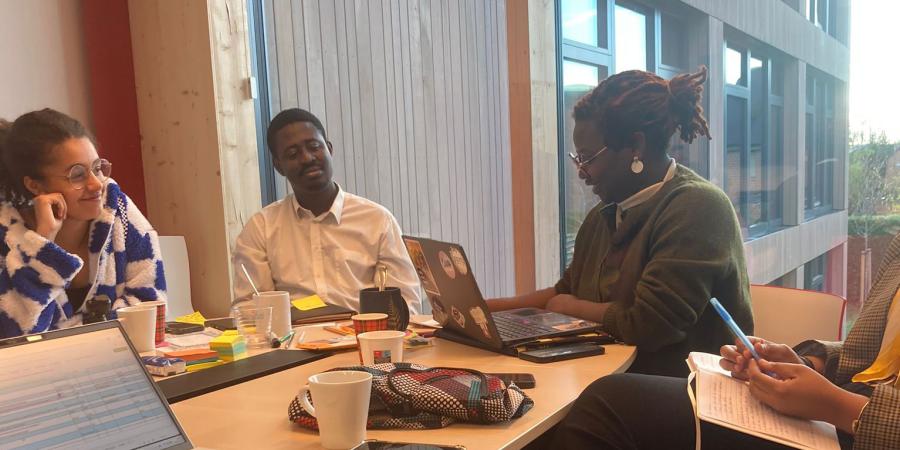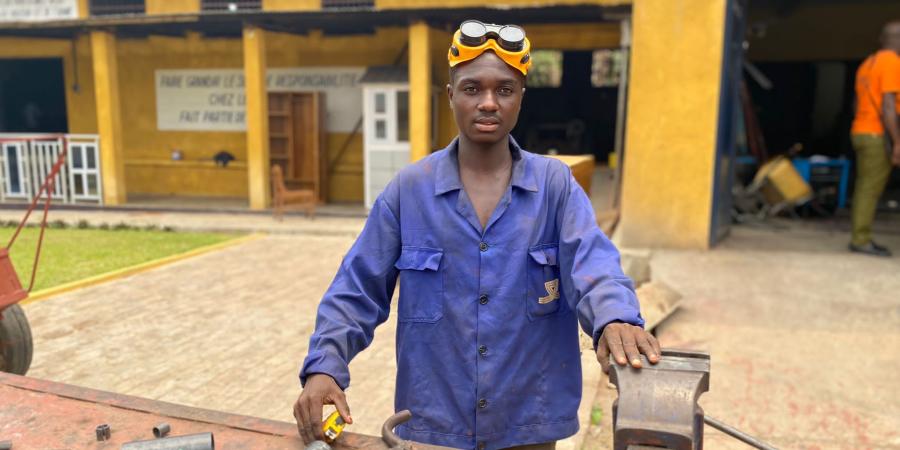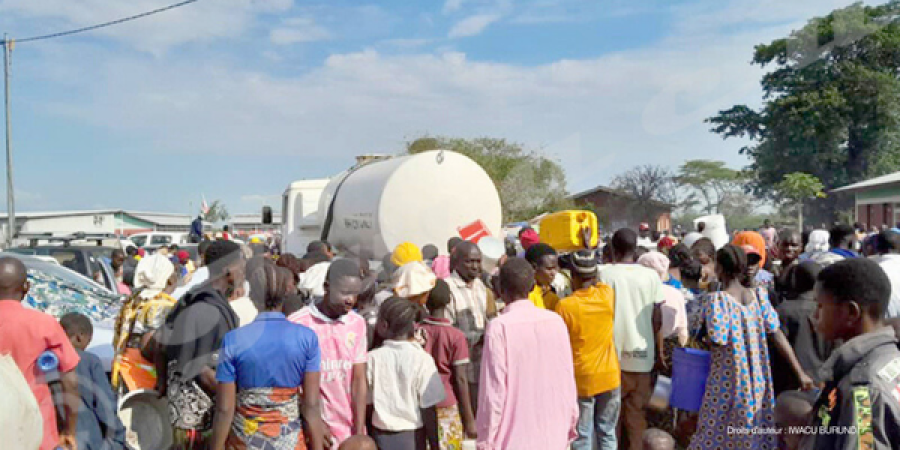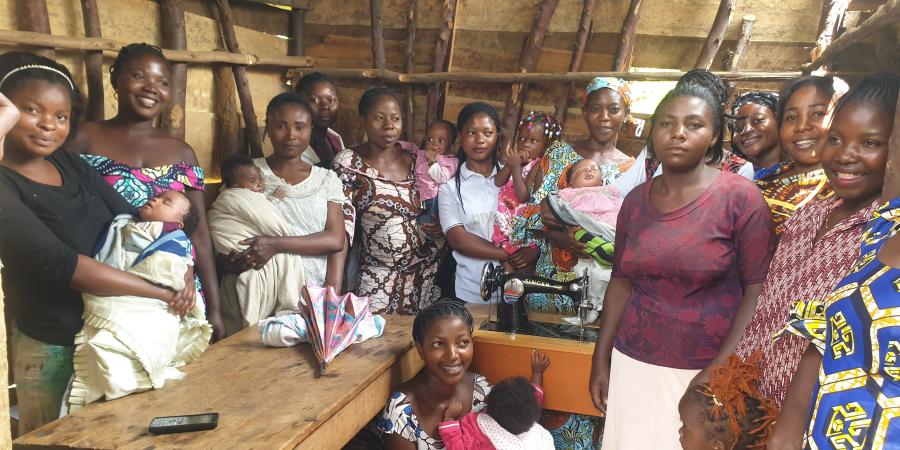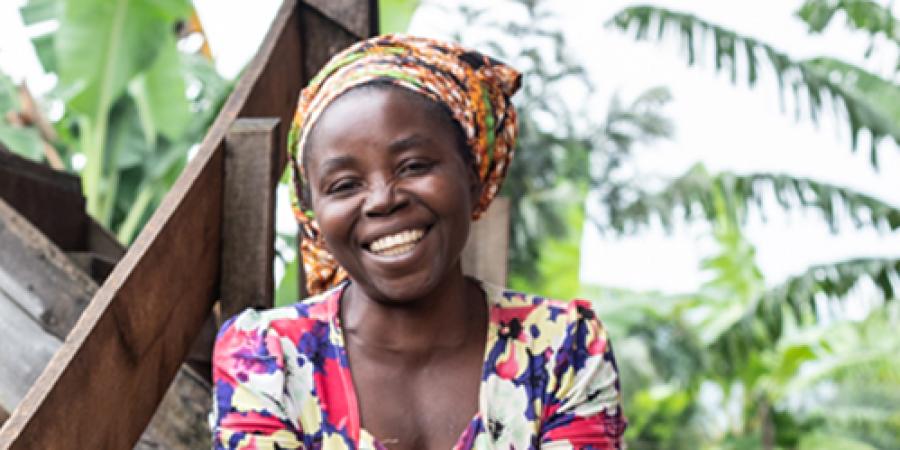Women's rights: a road fraught with obstacles
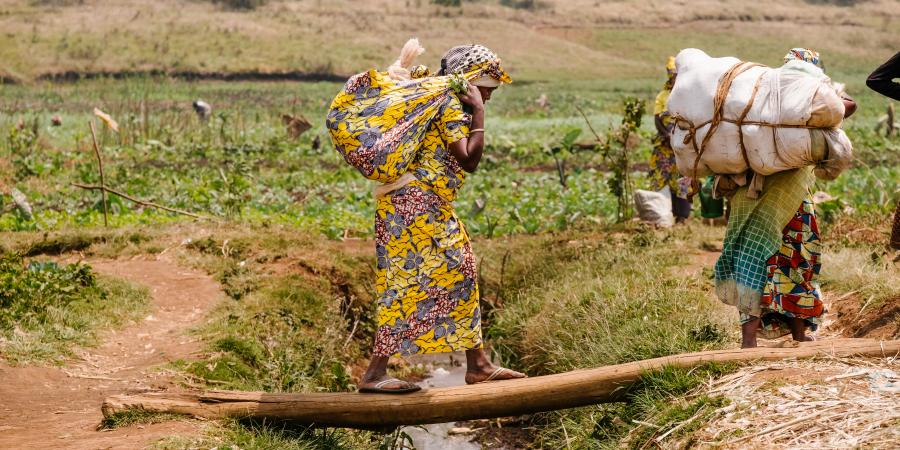
Women's rights: a road fraught with obstacles
This year marks the thirtieth anniversary of the Beijing Declaration, an ambitious programme and global commitment to the rights of women and girls. Since then, these rights have improved in several areas, but there is still a long way to go and, now more than ever, fraught with difficulties.
Thirty years ago, in September 1995, nearly 200 governments and tens of thousands of activists and civil society organisations from around the world gathered in Beijing for the Fourth World Conference on Women. 189 governments signed the Beijing Declaration and Platform for Action, a historic and global commitment to the rights of women and girls. Political participation, employment, justice, eradication of violence, health... 12 key areas of action were targeted, accompanied by concrete objectives and measures to achieve them.
Significant progress in 30 years
Three decades later, it is time to take stock, and it is clear that significant progress has been made. In its report entitled ‘The State of Women's Rights, 30 Years After Beijing’, UN Women notes that, overall, parity has been achieved in girls' education and maternal mortality has fallen by a third. Women's representation in parliaments has more than doubled and countries continue to repeal discriminatory laws. The overall conclusion is that greater respect for women's rights has a positive impact on national economies.
Conflicts, climate change and authoritarianism
Progress has been made, yes, but it is far too early to claim victory. In recent years, countless economic, climate and political crises have undermined and unravelled the advances made for women and girls. The rise of extremism and authoritarianism observed throughout the world goes hand in hand with that of misogyny, with women and their rights generally being the first victims of such regimes. The proliferation of armed conflicts is another major source of concern. According to UN Women, over the last 10 years, there has been a 50% increase in the number of women living in conflict situations worldwide. Here again, women and children often pay the highest price. Domestic violence, the digital divide and the stereotypes perpetuated by social media are other factors that have prompted Louvain Coopération to place women at the heart of its actions and efforts.
South Kivu: women and children pay the highest price
There is no shortage of examples of the annihilation of women's rights in times of conflict. In South Kivu, this has been dramatically evident since its invasion last February by the M23 militia, supported by Rwanda.
"For around 30 years, we have been facing a phenomenon of sexual violence,‘ laments Miracle Zawadi, clinical psychologist and coordinator of CAMPS, our partner organisation. ’We have worked hard on this issue and there has been a significant decline in cases in recent years. But since February, we have seen a sharp resurgence, and not only in the territories occupied by the M23, but everywhere. They particularly target the most vulnerable: women, young girls and young children. They seek to cause as much harm as possible, to break people. Children are regularly raped in front of their fathers."
Partial figures
Another person working with victims who wishes to remain anonymous makes the same observation. "Katana is a reception area for displaced persons from Kalehe, Goma, Minova... There are many of them and they are particularly vulnerable because they have no resources. We receive many reports of rape. 168 since February. This is a significant number, which certainly hides many others because, very often, victims do not report the crime because the police and the justice system do not work, so what is the point? Some families also avoid taking their daughters to hospital for fear that they will be stigmatised. According to the UN, 10,000 victims were recorded in the country in January and February, and nearly half of them are children.
« On vit la peur au ventre »
As a psychologist, Miracle Zawadi listens to many victims and observes the psychological damage. "We very often see guilt. In situations where you have little control, you blame yourself for your powerlessness, for not being able to avoid it, escape, hide, scream louder, be a boy rather than a little girl... There is also a kind of resignation; they say: this rape is the only thing that saved me from being killed. It's better than death. We accept it, on some level.."
In addition to the victims, the entire population is under extreme stress. All aspects of daily life are affected. "People live in fear. We have seen parents who refused to let anyone touch their daughter being executed. The threat is constant." Our partners, who are responsible for listening to victims, are also in danger. And the fear of denunciation pushes perpetrators to threaten families with reprisals if they speak out.
A feeling of abandonment
Today, hopes for intervention by the international community seem to have been dashed. ‘The people of South Kivu have realised that they have been abandoned to their sad fate.’ And the departure of several NGOs from the area has only heightened this feeling of abandonment. Despite this very difficult context, we have chosen to remain alongside the population, civil society organisations and health structures, in particular to support the colossal work to be done in terms of mental health.
I support this project I'm reading the rest of the Devlop' journal.

